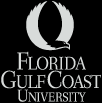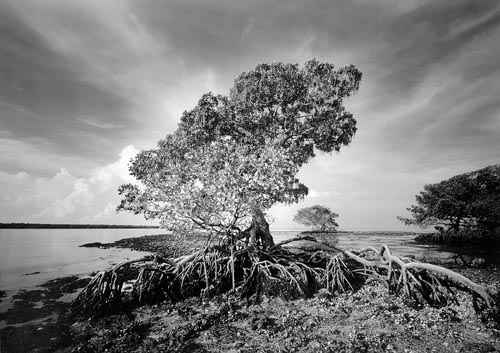Peter
Blaze Corcoran
Director
Professor, Environmental Studies & Environmental Education
Florida Gulf Coast University
A.
James Wohlpart
Assistant Director
Chair, Division of Humanities
and Arts
Florida Gulf Coast University
Staff
Donna Roberts
Board of Advisors
Mary
Evelyn Tucker
Chair, Forum on Religion
and Ecology
David
Orr
Chair, Environmental Studies,
Oberlin College
Lawrence
Jay Amon
Executive Vice President
National Wildlife Federation
Armand
Ball
Former President, Sanibel-Captiva
Conservation Foundation
Larry
Byrnes
Dean, College of Education,
Florida Gulf Coast University
Richard
M. Clugston
Executive Director, University
Leaders for a Sustainable Future
Jack
Crocker
Dean, Graduate Studies,
Florida Gulf Coast University
Alison
Hawthorne Deming
Poet, Professor, Creative Writing, Arizona State University
Carolyn
Gray
Former Dean, College of
Arts and Sciences,
Florida Gulf Coast University
Maxine
Greene
Professor Emeritus, Teachers College, Columbia University
Paul
G. Irwin
President Emeritus, The Humane
Society of the United States
Loiuse
M. Johnson
Former Mayor, City of Sanibel
Oannes
Arthur Pritzker
Director, Yat Kitischee Native
American Center
Jacob
Scott
Graduate,
Florida Gulf Coast University
Joe
Shepard
Vice President, Florida Gulf
Coast University
Terry
Tempest Williams
Environmental Writer, Activist



